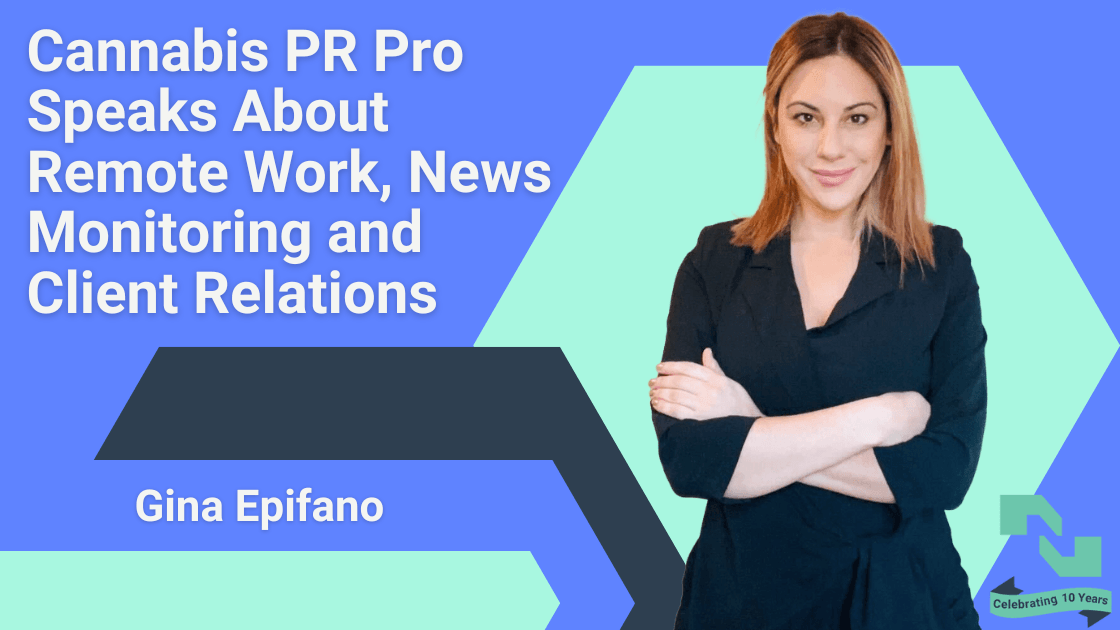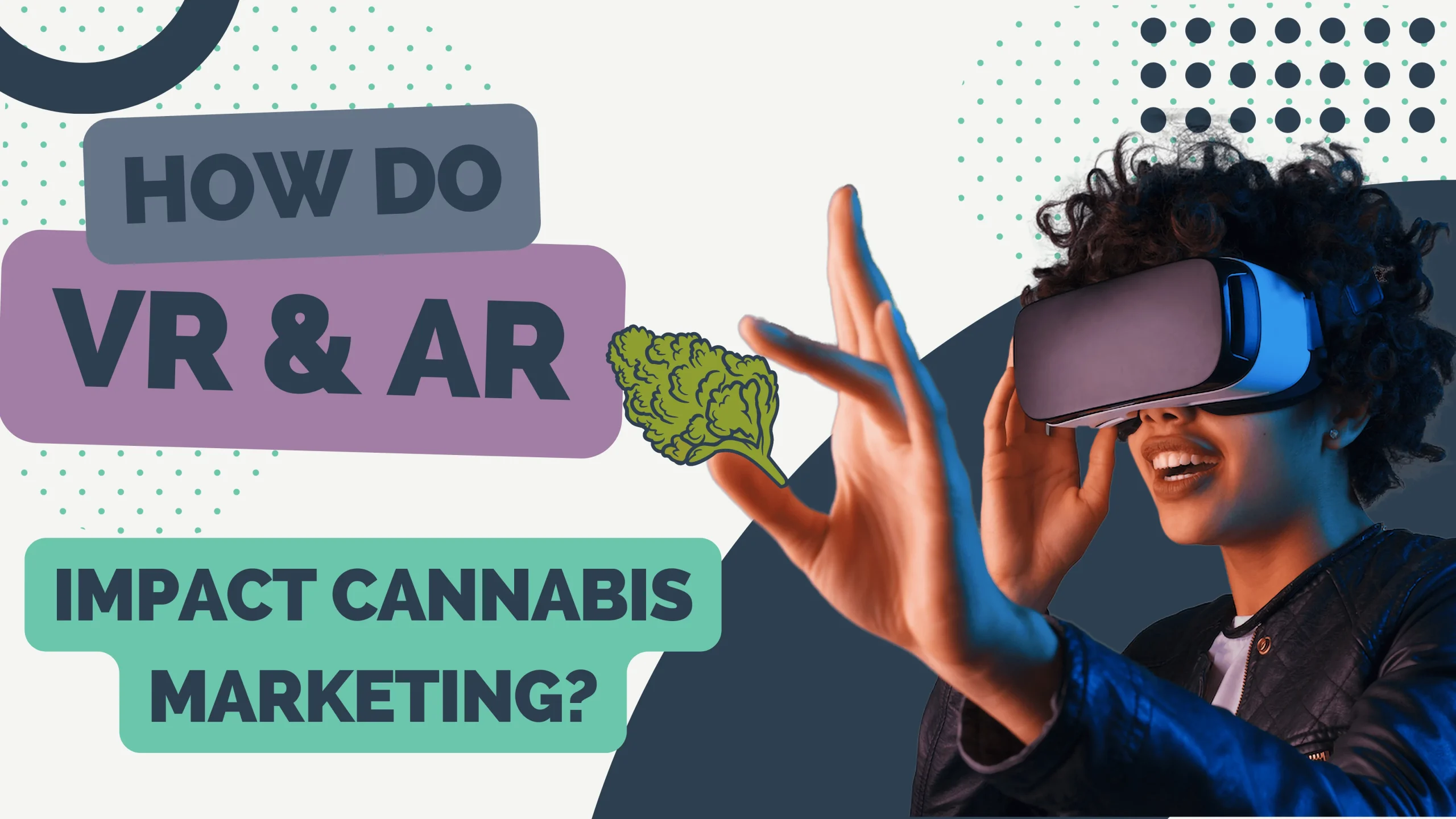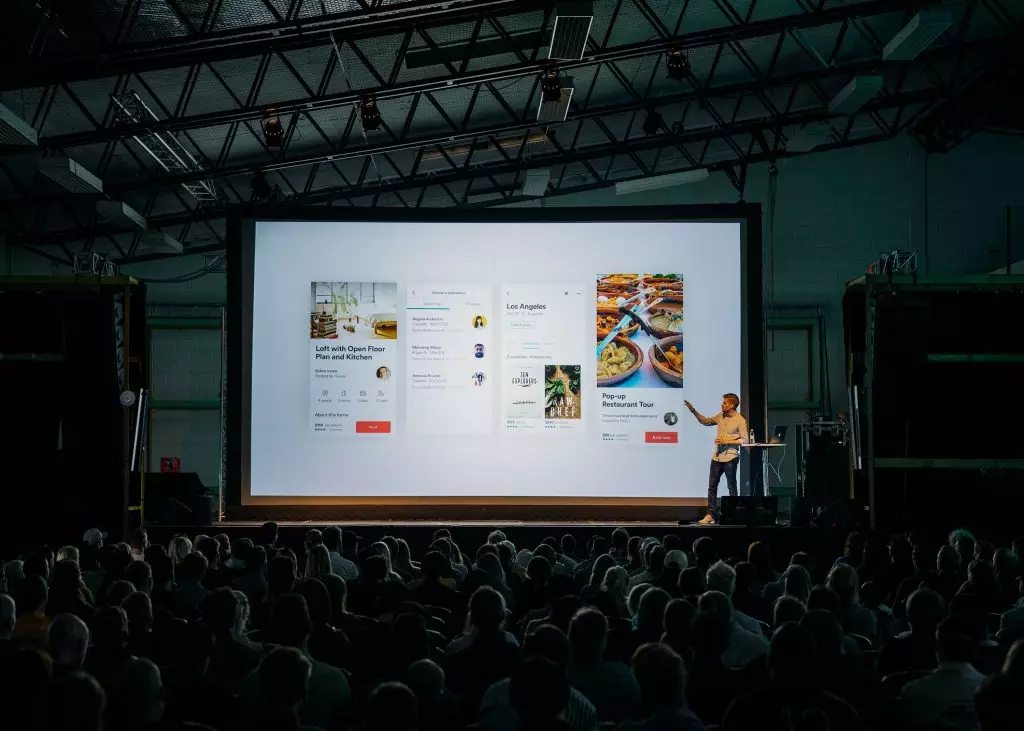Guest post written by Beckage
Is your cannabis company’s website and mobile app ADA accessible?
With the increasing prevalence of online businesses and mobile applications, over the past few years there has been an onslaught of litigation under Title III of the Americans with Disabilities Act (ADA) as users with a variety of disabilities have challenged the accessibility of companies’ online offerings as being inaccessible. Lawsuits filed under the ADA have more than quadrupled in the past seven years.
The Beckage Website Accessibility Team, made up of lawyers who are also web developers and web design business owners, continues to monitor federal filings under the ADA and while no industry is immune, we continue to see a growing trend of lawsuits filed against cannabis and CBD retailers. Put simply, more individuals with disabilities are seeking out cannabis websites in order to better understand and use a prescription, creating higher risk to those in the industry with accessibility issues.
Cannabis ADA Compliance in the Current Legal Landscape
So, what does “compliance” under Title III of the ADA look like for a cannabis retailer? While the Department of Justice (DOJ), the federal agency responsible for enforcing the ADA, has yet to take a formal position on the issue, the Web Content Accessibility Guidelines (WCAG) 2.1, private industry standards promulgated by the World Wide Web Consortium (W3C), are widely accepted by the industry and courts for measuring accessibility. The WCAG standards are broken down into three “levels” of acceptability: Level A, Level AA, and Level AAA. Level A and Level AA are where most common barriers for disabled users exist and are thus the accepted standards to achieve website accessibility.
Practically speaking it remains unclear what having an “accessible” website means and for this reason a very high number of these cases are settled outside of court pretty quickly after they are filed to avoid the expense of litigating in such uncertain terrain.
To be sure your cannabis or CBD website is compliant, legal counsel, like Beckage, can review under privilege your website and mobile app’s litigation risk and assist with regulatory compliance.
Increasing Accessibility Claims Within the Cannabis and Hemp Industry
Website and mobile app accessibility claims against cannabis retailers have become a familiar headache for the industry. Most of these cases have similar allegations; a disabled individual argues that they encountered multiple access barriers that denied him/her full and equal access to the goods and services offered online by the cannabis retailer. In most of these cases the plaintiff has attempted to leverage screen-reading software to access the website and claims the website or mobile application is incompatible with the assistive technology being used.
Other claims commonly made in these lawsuits include improperly labeled links and pages, inconsistent placement of on-page elements, like the shopping cart, and lack of image alt-text, title elements, and other features that help blind users navigate a website. Thus, the plaintiff argues, the business has violated Title III of the ADA and related state statute, entitling the plaintiff, among other things, to injunctive relief and attorneys’ fees.
Addressing Accessibility with Overlays, Widgets & Third-Party Tools
In response to this growing litigation trend, many cannabis businesses are looking for a quick and affordable remedy to address accessibility. As a result, there has been an explosion of vendors and tools, such as overlays and widgets, that supposedly assist businesses with achieving ADA compliance.
Overlays and widgets are simply applications and coding that sit between your website and assistive technology (such as screen readers), but do not modify the underlying website code. The appeal of overlays and widgets are obvious for cannabis businesses looking to address website accessibility quickly and affordably. However, they may not be legally sufficient to ward off litigation and could produce a false sense of legal security for businesses. So far, more than 100 companies have already been sued despite investing in widgets and overlays to address accessibility.
Additionally, there are a multitude of free third-party tools and websites available that will purportedly scan your website for accessibility errors.
Beckage recommends being cautious before entering your website URL into any of these “free” platforms, being sure to always read the website’s Privacy Policy/Terms and Conditions of Use and understand their assurances of confidentiality before you input your website information. Review of a website can be done under privilege with technology lawyers who are experienced in this space.
The sheer volume of settlement agreements and cases Beckage has worked on has exposed some common themes that provide valuable insight into specific methods that can be leveraged by retailers operating in the cannabis industry to proactively address cannabis or CBD website ADA accessibility and minimize legal risk. Beckage recommends the following four-prong approach:
4 Practical Steps for Cannabis Retailers
- Consult with legal technology counsel to evaluate litigation risk and regulatory compliance
- Have your website or mobile app audited by tech lawyers against the WCAG Level A and Level AA standards to determine what remediation is necessary to address any existing barriers
- Publish a legally-reviewed Accessibility Statement on the forward-facing website and mobile application, and work to develop internal policies and procedures and a training program that implement regular audit and assessment of accessibility
- Test your website using assistive technology, such as a screen reader, to be sure all barriers have been remedied
With former web developers and technologists on staff, Beckage is well-suited to help businesses from all sectors and industries, including the cannabis industry, navigate the uncertain legal landscape surrounding website accessibility. Through collaborating with in-house technologists, outside developers, members of the disability community, and internal assistive technologies, Beckage attorneys work under privilege to conduct internal and remedial audits of client websites and mobile applications, evaluate platform compatibility, and oversee implementation of recommended remedial or accessibility-enhancement measures.
Our team can help you develop and implement a sustainable cannabis accessibility program that contemplates compliance with the WCAG guidelines and other national and international website accessibility standards and best practices that can protect your business. Visit us at Beckage.com/ada for more information.
*Attorney Advertising. Prior results do not guarantee future outcomes.



